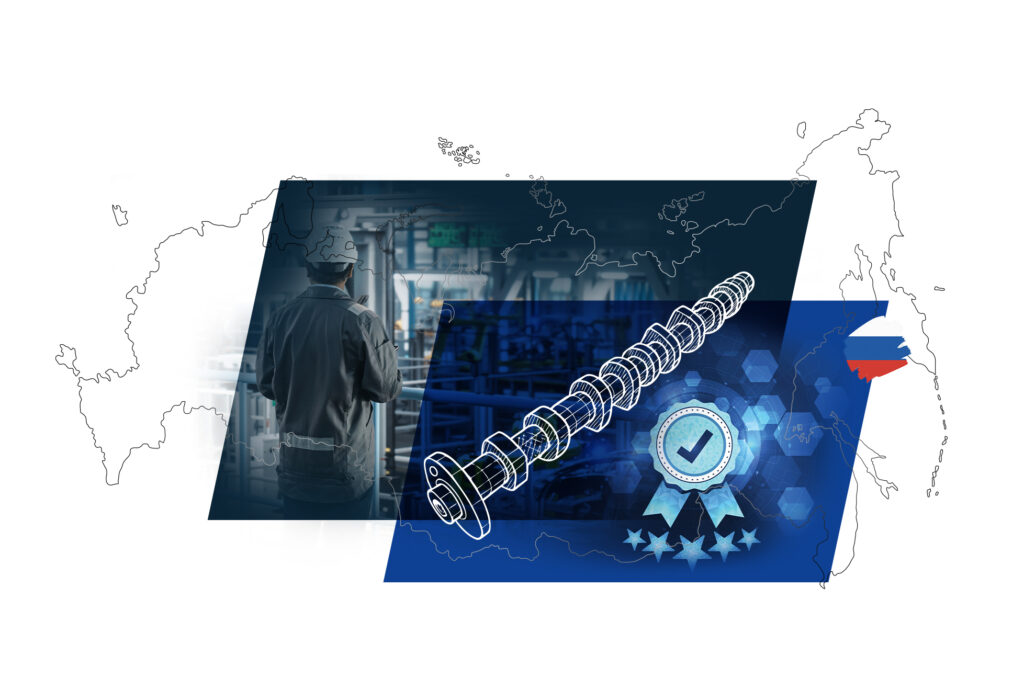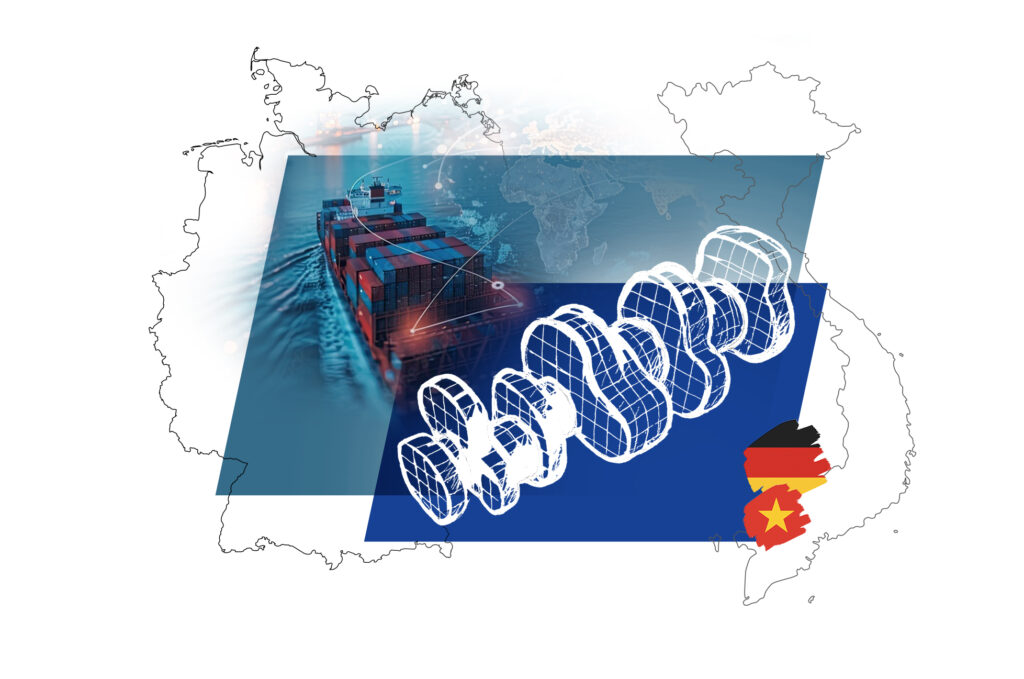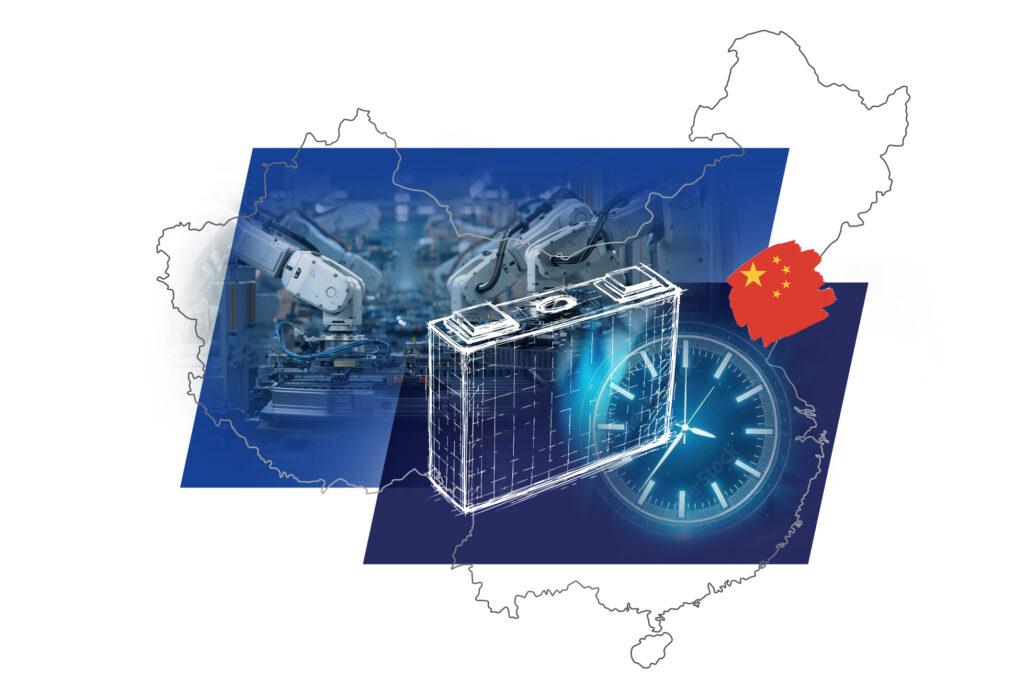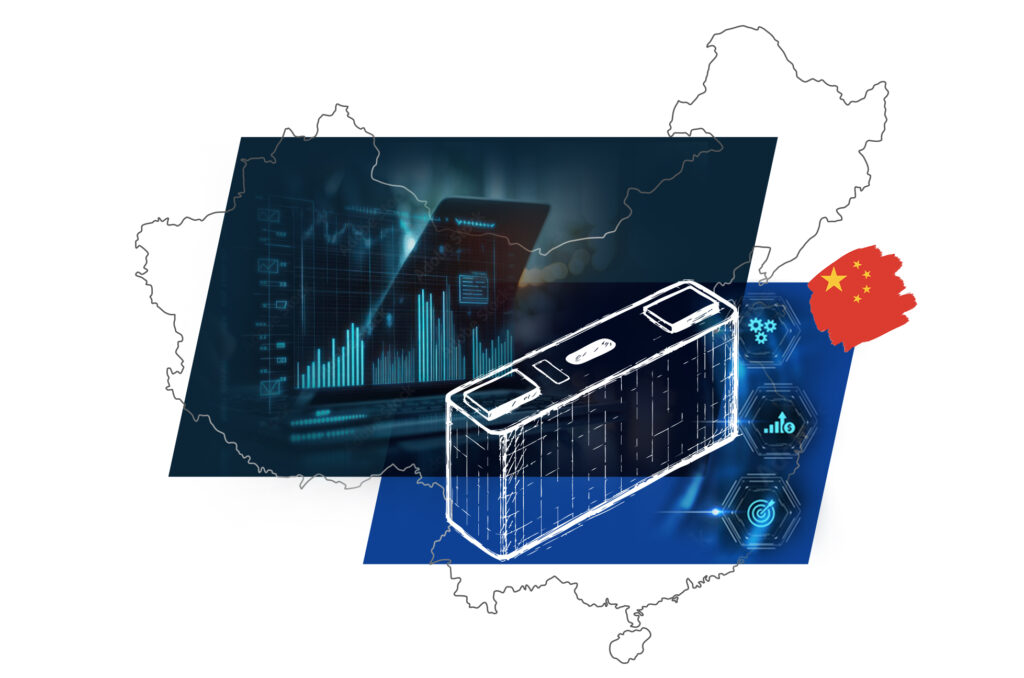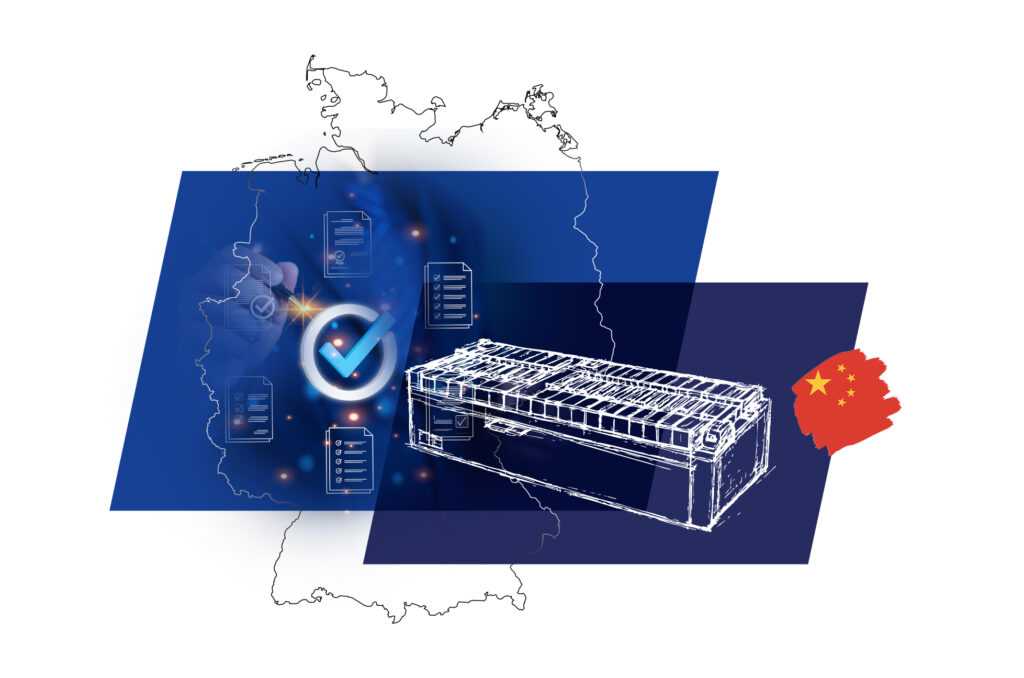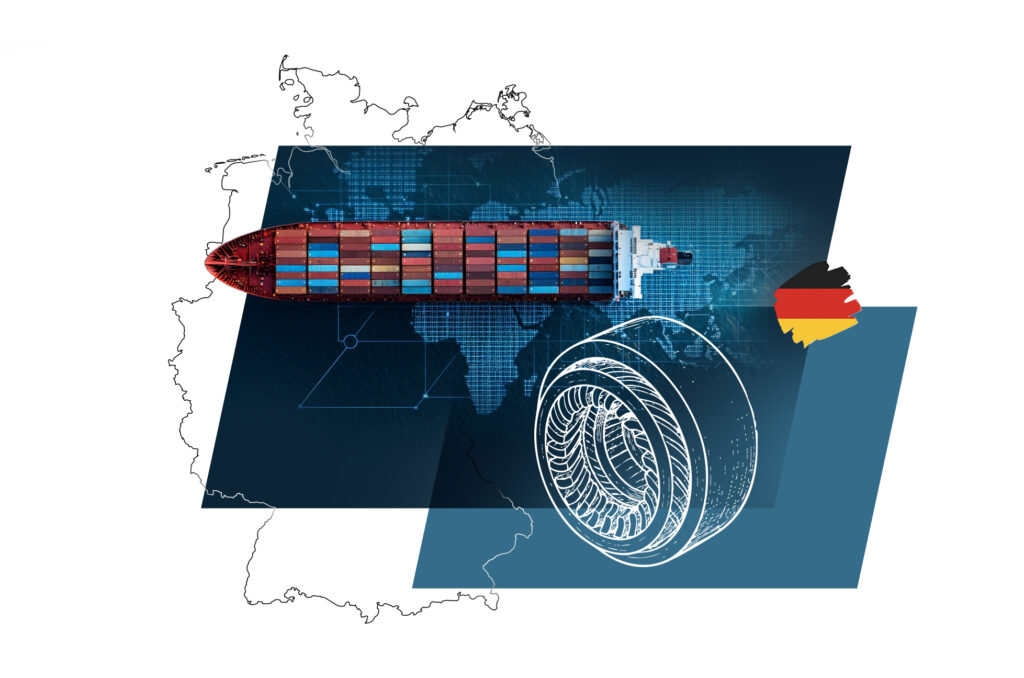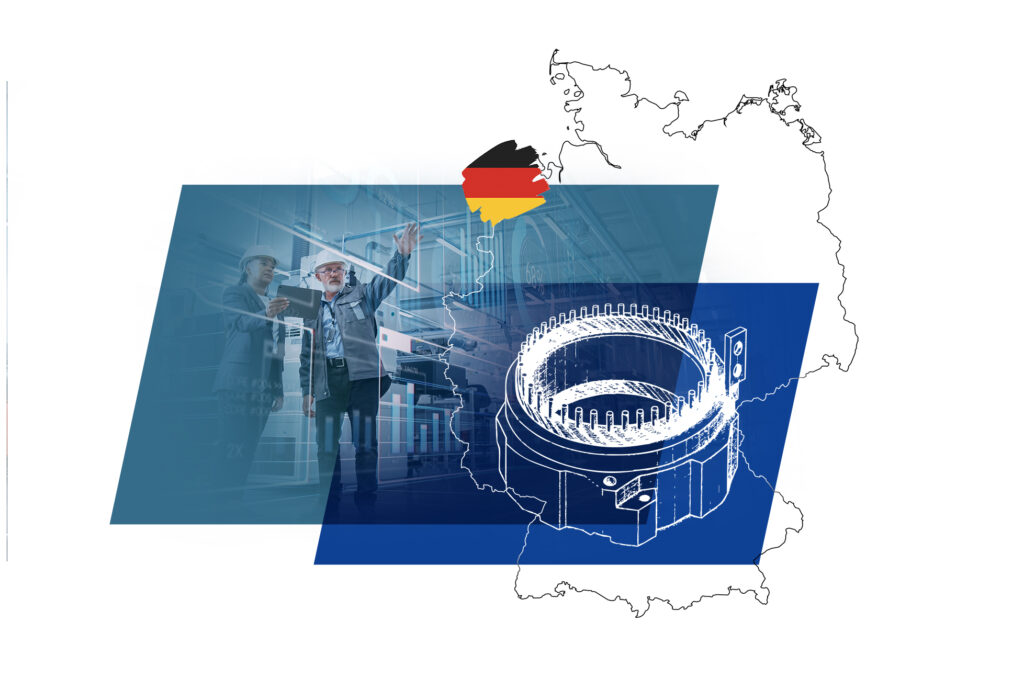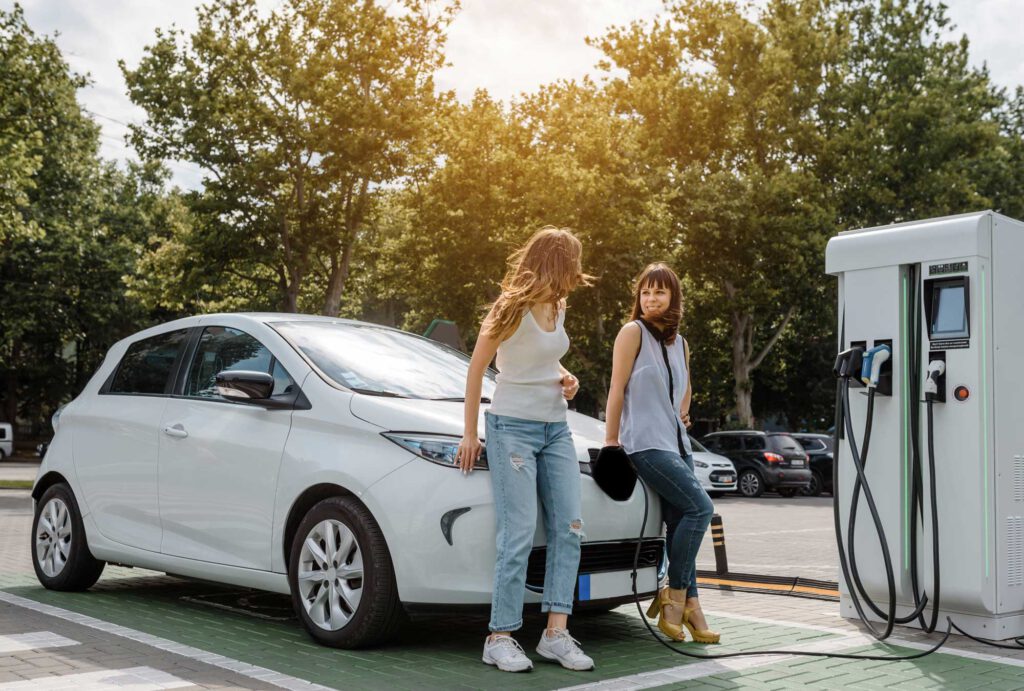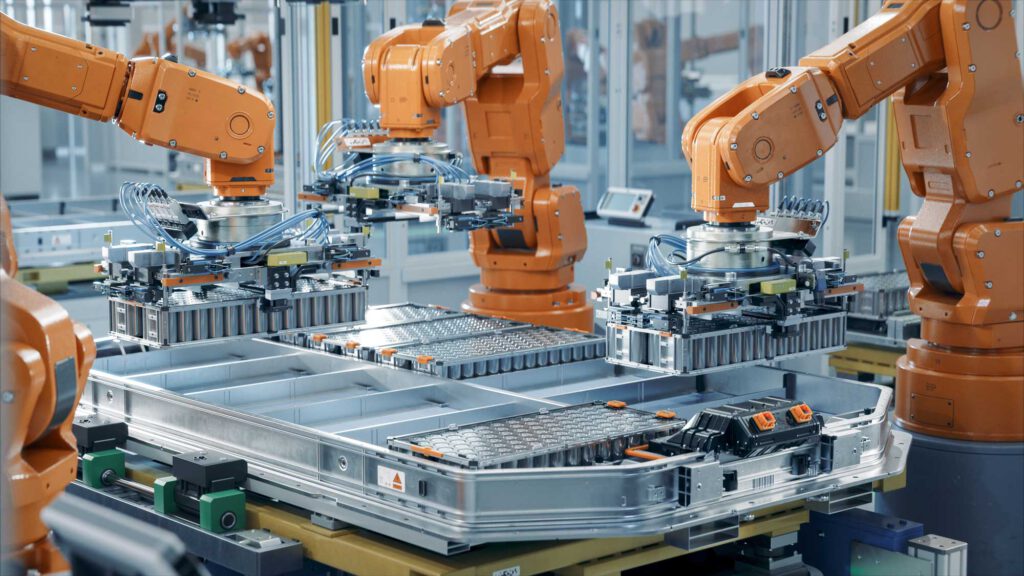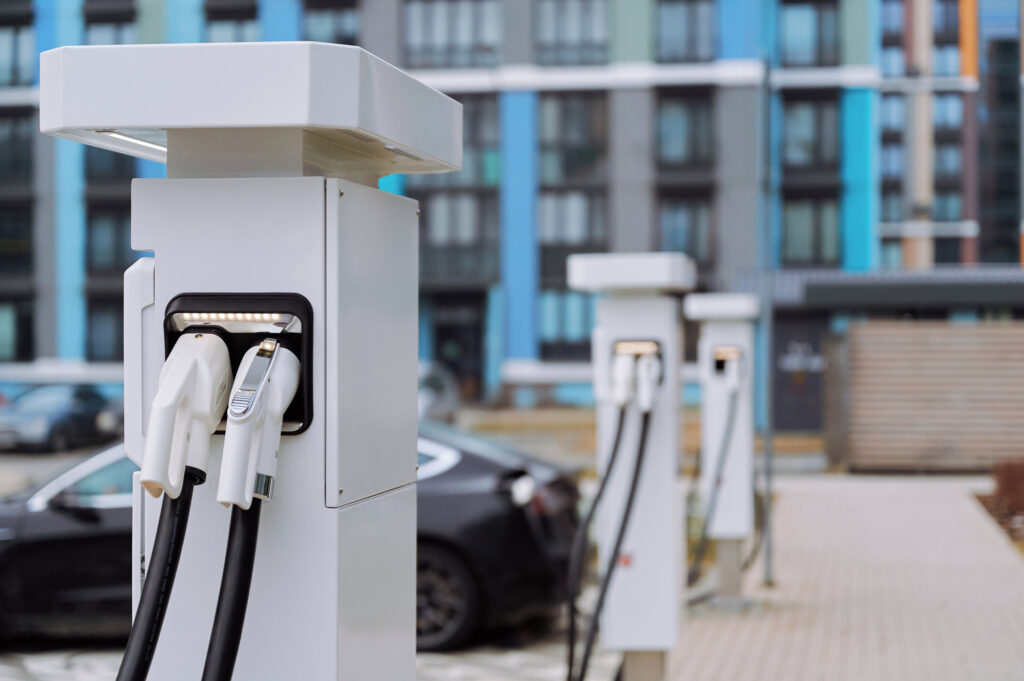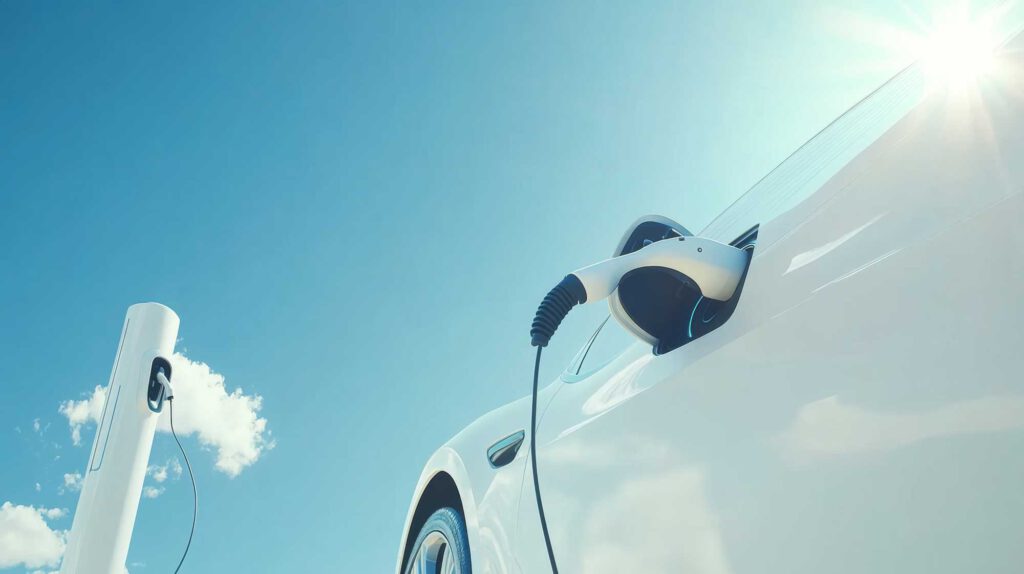
Innovating Industry.
Empowering Performance.
Technological solutions for industrialisation, automation and process optimisation.
Project management
Project execution at home and abroad
Consulting
Operational and strategic consultation
Planning
Planning of projects
Turnkey solutions
Planning and turnkey implementation of projects
our location in china
INNO DEHUAI AUTOMATION (HEFEI) Co., LTD.
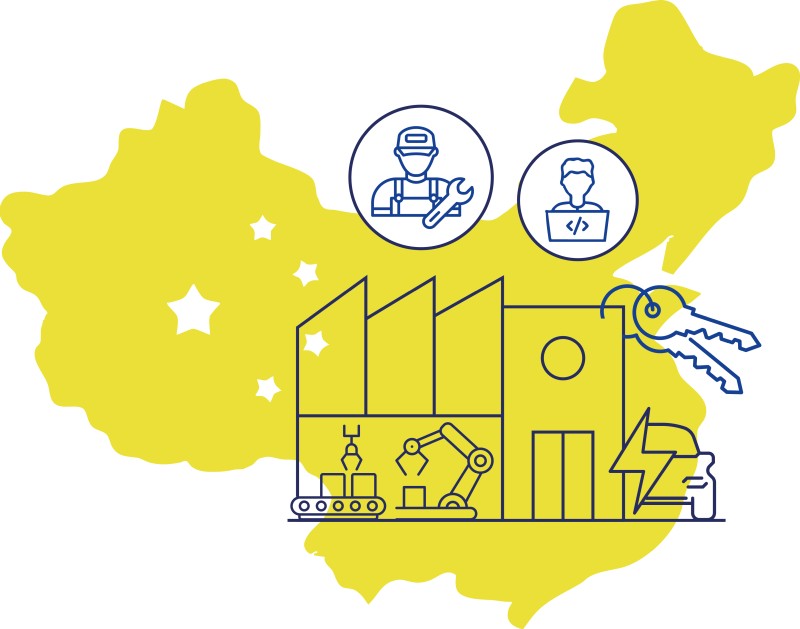
Leading companies rely on us.
Case Studies
Our projects at a glance:
Our case studies show how Faircom has helped companies in different sectors to execute their project effectively to deliver turnkey production and assembly lines.
About us
Team of specialists.
At Faircom, our specialists bring global experience to the table and will work with an established network of partner companies if required.

Daniel Trautwein
Project Manager
- Specialist in industrialisation projects in the e-mobility and process technology sectors
- Extensive expertise in project planning and implementation
- Consulting expertise in production-related and technically complex problems
Born in Kazakhstan, Daniel Trautwein emigrated to Germany with his family at an early age. After completing his schooling and university studies in Nuremberg, he soon found his way into project management. On joining the Faircom team, the trained mechanical engineer assumed responsibility for installing and commissioning a battery production line before gaining in-depth experience in Switzerland, where he coordinated and successfully implemented international client projects as a project engineer in process engineering. During this time, he largely focussed on international client projects in Asia and the Middle East. Besides project management, Trautwein also assists Executive Management with company development and standardisation of in-house processes.
Trautwein has undertaken projects for or on behalf of the following companies:




Yao Tianshun
Co-CEO China
- Experienced manager and control technician (DE, CN)
- Various success stories in the automotive sector
- Substantial network in China
- Software project manager acting on behalf of German clients in China
- Intercultural skills as a leader and in collaborations
Yao Tianshun was born in Hefei, China, where he completed his schooling and university studies. During his twelve-year career, he has undertaken various projects as a project manager in control engineering, mainly on behalf of German clients which have established production and assembly lines in China. He was employed in Germany for a number of years, which allowed him to develop his proficiency in German and embrace German values. When Waldemar Graf undertook a project in China, Yao Tianshun was responsible for control engineering in his project team. Due to the excellent, professional working relationship, the cooperative partnership between Graf and Tianshun was strengthened, culminating in the founding of a joint company in Hefei. Tianshun has been Co-CEO in China alongside Graf since 2022 and is responsible for client communications and access to the supply chain.
Tianshun has undertaken projects for or on behalf of the following companies:




Robin Wilm
Project Manager
- Specialist in industrialisation projects in the e-mobility sector
- Responsible for planning and setting up different production lines
- Expert in process improvement and stabilisation
Born in the northern Bavarian district of Bad Kissingen, Robin Wilm completed his schooling and training in the area and started his career in an industrial enterprise, where he took on responsibility for managing staff early on in his role as a technician. Working as a system administrator and process engineer, he was in charge of production lines in stator and rotor manufacture. He was then promoted to Team Leader in industrial engineering, where he was able to successfully use his skills in process improvement and stabilisation. Since 2024, he has formed part of Faircom and successfully undertakes projects at home and abroad. Outside his professional activities, Wilm is also an avid ultra-marathon runner and takes part in various national and international competitions, where he covers distances of more than 160 km and finishes in the top positions.
Wilm has undertaken projects for or on behalf of the following companies:



Waldemar Graf
Managing Director
- Project Manager with international experience (DE, CH, IN, RU, VN, CN)
- A variety of success stories within the scope of investment projects in the automotive, e-mobility and plant and mechanical engineering industries
- Lead in undertaking national and international turnkey projects
- Responsible for planning, project management and construction site management of different production and assembly lines worldwide
- Intercultural expertise in leadership and working with international project teams
- Communicative beyond hierarchical boundaries
The son of a Russian entrepreneur, Waldemar Graf spent his formative years up to the age of seven in Siberia. When the Soviet Union collapsed, times became increasingly more difficult, forcing the family to give up their business and find a means of escape. Thanks to German roots, the family was able to emigrate to Germany, where they had to start afresh. Graf completed his school and university studies in Mannheim while pursuing athletics at a competitive level. After graduating as a mechanical engineer, he started out as a factory planner in the power plant sector until he was afforded an exciting opportunity to switch sectors and become involved in the construction of an engine plant in Russia. This marked the start of his journey into project management and paved the way for his move into self-employment at an early stage. From 2014, Graf planned and undertook national and international projects as an independent project manager on behalf of renowned companies and is now able to look back on seven years’ experience abroad and successful completion of eight turnkey projects. Among other achievements, he has successfully implemented a production process in India and planned and delivered production and assembly lines in Russia, China, Vietnam, Switzerland and Germany. Eventually, he set up Faircom Industry Solutions GmbH in 2020. Since then, he and his growing team assist renowned companies in undertaking complex, vital investment projects both in Germany and internationally. He prioritises establishing effective project structures and ensuring a transparent communication culture with the aim of executing projects as efficiently as possible. He increasingly serves as both an operational and strategic consultant to executive and senior management in implementing complex projects, particularly in the field of e-mobility.
Waldemar Graf has undertaken projects for or on behalf of the following companies:





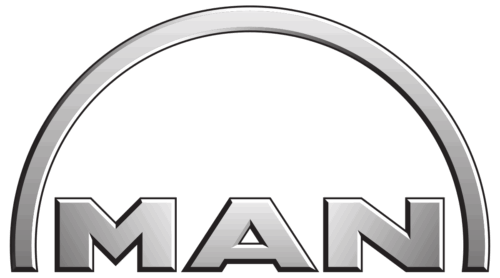






Rolf Thelen
Senior Consultant
- Planner and Project Manager with international experience (BY, DE, IN, RU, VN)
- A variety of success stories in production set-up and production relocation
- Responsible for planning and setting up different production and assembly lines
- Intercultural skills as a leader and in collaborations
- Experienced lead negotiator on an international level
The graduate mechanical engineer first took managing positions in different sectors for national and international companies. As a specialist in complex planning, Thelen became indispensable as an independent consultant in undertaking many critical projects and relocations. With his pragmatic, determined approach, he gained a far-reaching, international reputation.
Thelen and Waldemar Graf became acquainted during a project in Russia and have undertaken various international projects together since then. The pair have comparable experiences in developing and organising new production lines under challenging conditions. They quickly developed a strong rapport, ultimately evolving into a partnership with Faircom Industry Solutions GmbH.
Thelen has undertaken projects for or on behalf of the following companies:










Tri Vu Quoc
Asia Manager
- Manager with international experience (DE, KR, KH, QA, SE, VN)
- Various success stories in production and steel construction
- Substantial network in South East Asia
- Responsible for leading different projects worldwide
- Specialist in quality management
- Intercultural skills as a leader and in collaborations
Born in Hai Phong in Vietnam, Tri Vu Quoc obtained a degree in Technical Engineering and commenced his career in quality assurance. Yet within just a few years, he was entrusted with international projects involving subcontractors and also secured a production management role in Qatar. As part of his vision, he established a substantial network in South East Asia at an early stage and has been constantly expanding his international relationships ever since. He is considered a renowned expert in logistics and supply chains.
Tri Vu Quoc and Waldemar Graf became acquainted while setting up a production line in Vietnam in 2019. They share far-reaching intercultural experience and international contacts. Tri Vu Quoc also brings with him a well-established network in South East Asia. His background and skills make him a highly welcome partner in the newly created Faircom Industry Solutions GmbH.
Tri Vu Quoc has undertaken projects for or on behalf of the following companies:

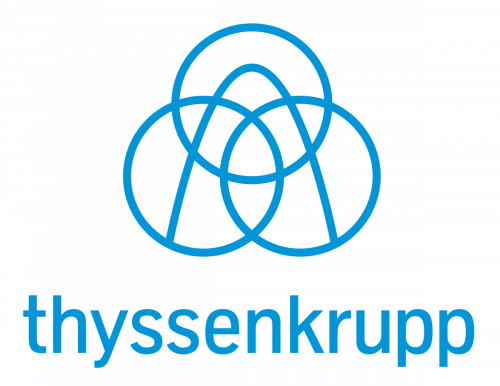

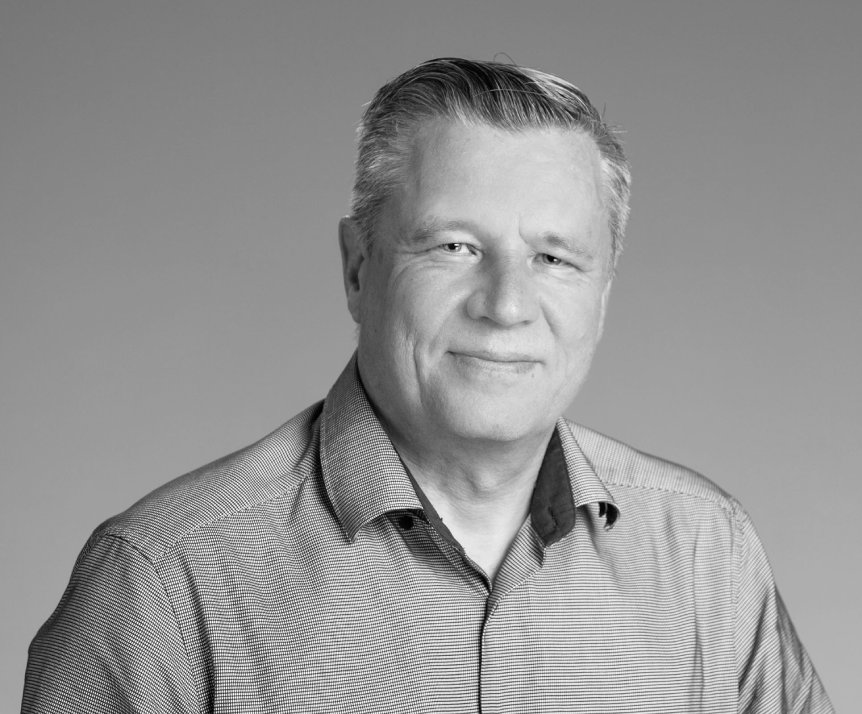
Thomas Karisch
Project Manager (external partner)
- Highly capable planner for production and assembly lines
- Extensive expertise in production and production launches
Thomas Karisch is able to draw on extensive experience as a planner for engine production and assembly lines at Mercedes-Benz. He has been a service provider for renowned clients in the automotive and plant and mechanical engineering sectors since 2006 and has already successfully undertaken a variety of projects, including in the e-mobility segment. Since 2021, Karisch has been a trusted partner of Faircom Industry Solutions, providing not only project management but also production launch planning and management.
Karisch has undertaken projects for or on behalf of the following companies:




Blog
Insights into the world of industry.
Contact us
READY TO TRANSFORM YOUR COMPANY?
Let us help you reach the next level.














